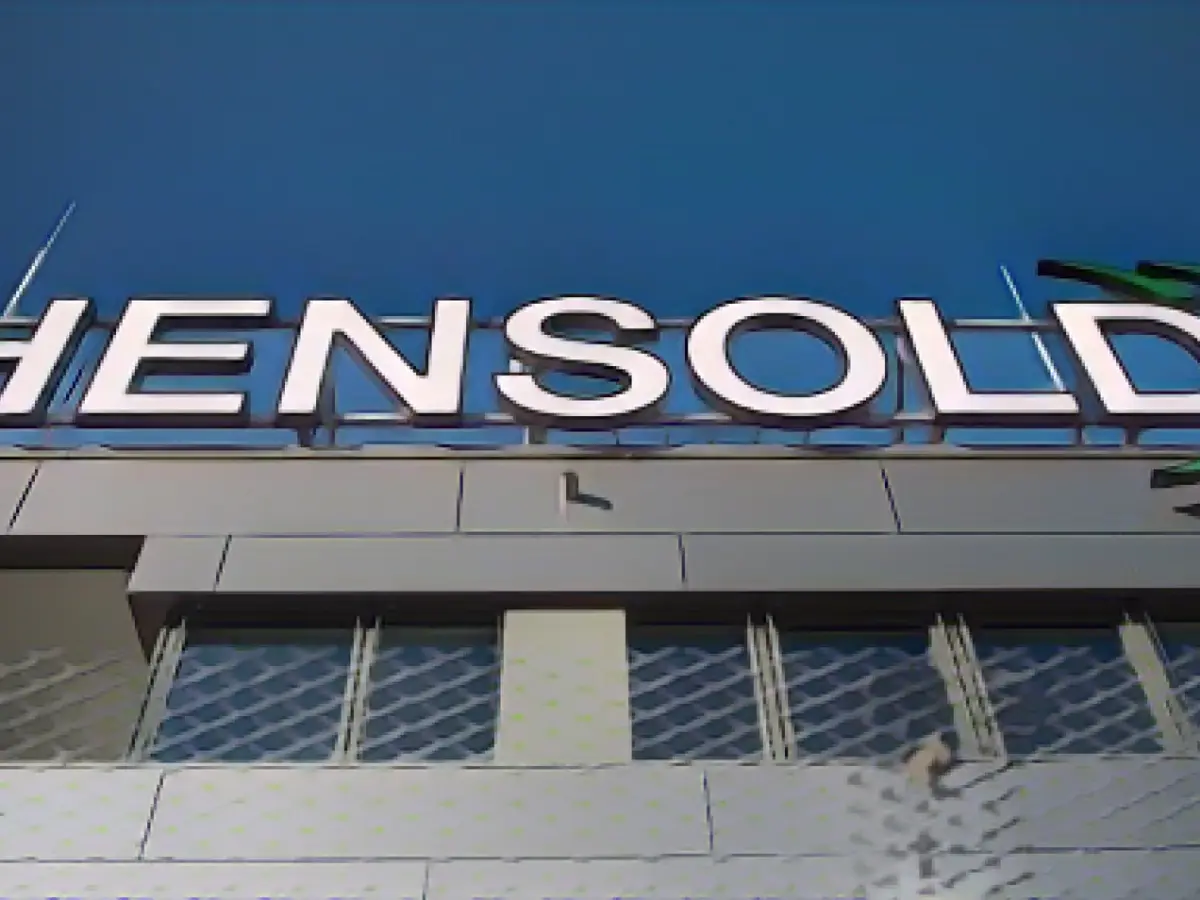Title: Hensoldt Bolsters Defense Capabilities Through €730M Acquisition of Munich-Based ESG
Hensoldt has announced its plans to acquire Munich-based defense and security system integrator ESG for up to €730 million, a move aimed at bolstering its expertise in defense and security system integration. The deal, which is expected to close within the first half of 2024, will be financed via a 10% capital increase and a debt of around €450 million, subject to regulatory approval.
ESG's Managing Director and CFO, Katja Ziegler, will depart in March 2025 to explore new opportunities. In her place, current ESG Managing Director Dietmar Thelen will lead Hensoldt's new Multi Domain Solutions division. The acquisition aims to equip Hensoldt with the necessary tools to better compete in the multi-domain solutions market.
Expected to generate annual savings of €19 million and increased revenue through complementary sales, ESG's estimated sales for 2023 sit at around €330 million. Hensoldt anticipates an annual revenue growth rate in the low double-digit percentage range over the coming years.
The union between Hensoldt and ESG could bolster Germany's defense and security sector, with support from the federal government and major shareholder Leonardo. However, the acquisition is not without its challenges, including potential integration complexities and competition-related hurdles.
Amplifying Capabilities and Market Reach
The acquisition could augment Hensoldt’s capabilities in areas such as sensor solutions and cybersecurity, where ESG has demonstrated specialized expertise. Expanding its global reach, Hensoldt can potentially attract new customers and bolster revenue, thanks to the combined resources and expertise of both companies.
The integration process, however, presents various challenges. Aligning business processes, technologies, and cultures may require significant time and resources. Cultural and organizational changes could also produce resistance among employees and potential operational disruptions. The financial burden of the €730 million investment could strain Hensoldt’s resources, particularly if integration challenges delay the return on investment.
Regulatory compliance and market competition are additional challenges. Ensuring compliance with regulatory requirements in both companies' markets could be challenging, especially when regulations differ between regions. Competitors may take notice of the acquisition and try to exploit the situation, potentially increasing market competition and compelling Hensoldt to adapt its strategies.
Strategic Advantages and Technological Advancements
Potential benefits of the acquisition include operational synergies, cost savings, and enhanced technological capabilities. Removing redundancies will streamline operations and create savings. Merging the companies will result in a more robust and diverse offering, appealing to customers seeking a comprehensive defense solutions provider.
The acquisition could also drive technological advancements, particularly in areas like quantum sensing and technologies. ESG might bring fresh innovations and expertise to the table, contributing to Hensoldt’s competitiveness and technological leadership in the defense industry.
Strategic partnerships with other companies can also result from the acquisition. Collaborations with high-tech start-ups, like Tensor AI Solutions GmbH, can strengthen Hensoldt’s position in the defense and security sector.
In conclusion, while the integration challenges are significant, the potential for enhanced capabilities, increased market reach, and technological advancements make the acquisition a strategic move for Hensoldt to fortify its position in the European defense industry.








